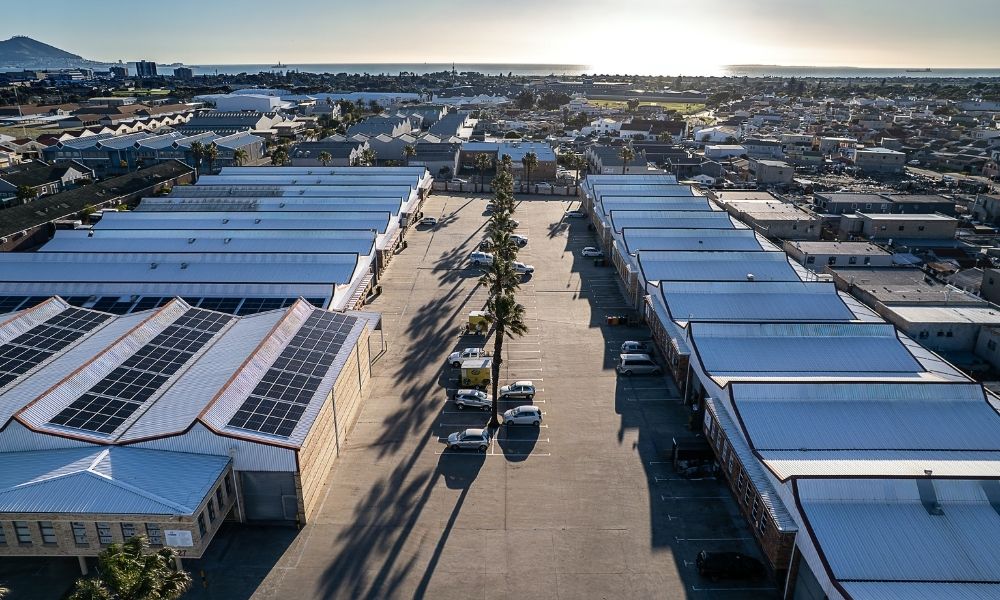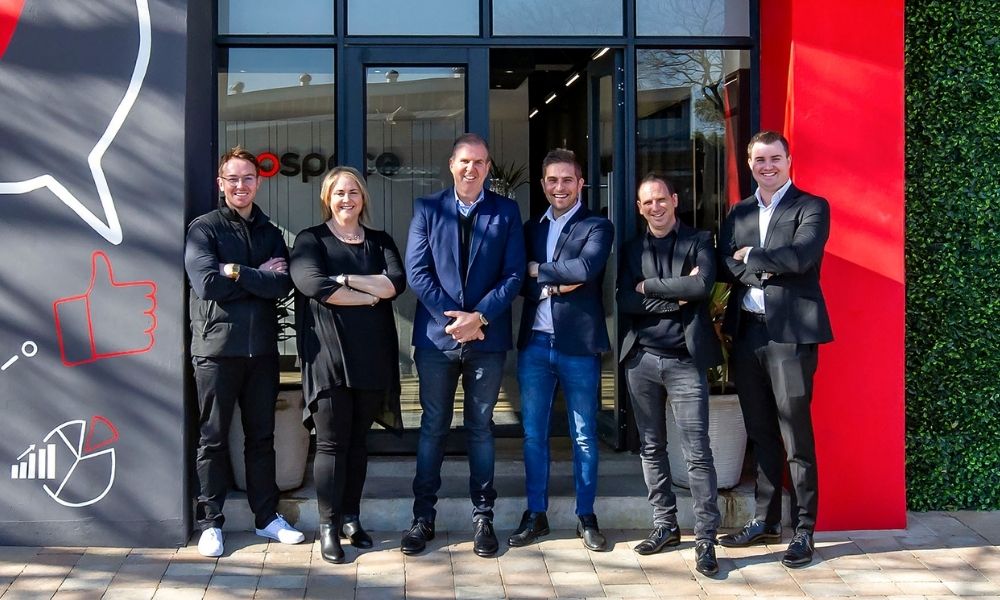Pay-as-you-go lease options meet tenants’ changing needs
The flexible lease structure is a significant drawcard, especially in challenging economic times.

Tenants' needs are evolving, and while the COVID-19 pandemic has certainly accelerated the demand for greater flexibility, the shift towards tenant-driven commercial real estate was already gaining traction before lockdown restrictions were imposed.
“While the demand for short-term leasing has been present for a while, the coronavirus pandemic prompted us to incorporate our flexible rental model of micro-industrial and office spaces into bigger and bigger commercial leases,” says Jodi Sher, marketing director at Inospace, a privately owned business park operator. “We therefore introduced a flexible lease option, called the InoLease, across our portfolio of business parks.”
The flexible lease structure is a significant drawcard, especially in challenging economic times. “Since the introduction of the flexible InoLease option in March this year, we have seen a significant spike in the demand for very short lease terms. In fact, Inospace signed more leases in June and July during lockdown than it did last year, which highlights businesses’ desire for flexible arrangements,” says Sher.
There was immediate uptake from various businesses, with some of the country’s big players in the retail space also showing interest in the pay-as-you-go option. The company’s operations manager, Jacques Weber, commented: “They need immediate space for both slow and fast-moving goods and they are not interested in signing lengthy long-term leases.” Inospace’s long-term view is that as more businesses make use of on-demand warehouse and industrial spaces to place stock, the demand for month-to-month warehousing solutions will prevail. “Secure, serviced business parks that offer an environment where businesses can store and distribute stock, will meet this need. When the supply lines of these businesses eventually stabilise, and they have no long-term commitments, then they can make longer term decisions.”
A value-add of the business park model is the opportunities it provides for tenants to collaborate, as well as the support of an onsite management team, Sher adds. Other services, such as meeting rooms, coffee shops, business hubs and 24-hour security, attract a range of tenants and businesses, from retailing to offices, storage and manufacture. “Tenants are looking for an additional layer of services which traditional real commercial real estate just does not offer,” she says.
Part of the InoLease offering is a 30-day exit clause in the tenants’ favour, for units of up to 500m2, and a halfway exit option for all tenants irrespective of the size of their units. Cognisant of the financial reality that not all businesses are in a position to pay their rent at month-end, there is also the option to settle rent by the 10th of the month.
International property consultancy JLL predicts that 30% of all commercial space will be based on flexible leasing by 2030. According to the report, The impact of COVID-19 on Flexible Space, the need for agile portfolios with a spectrum of flexible options will prevail even after the pandemic has subsided.“Business parks are already seen as the nuclei of last-mile delivery and online business. Those that allow for changes in use type or adjustments that allow businesses to respond to changing manufacturing conditions, with flexible lease options, will thrive in this changing commercial real estate landscape,” says Weber.


